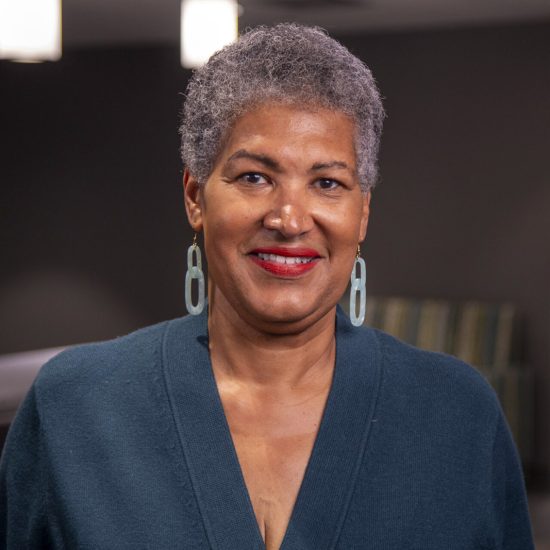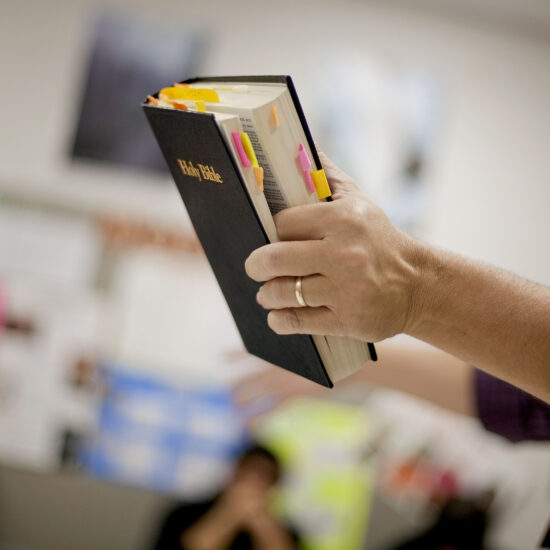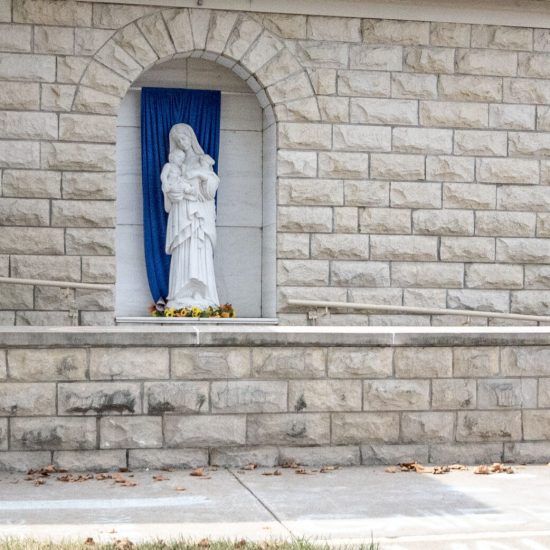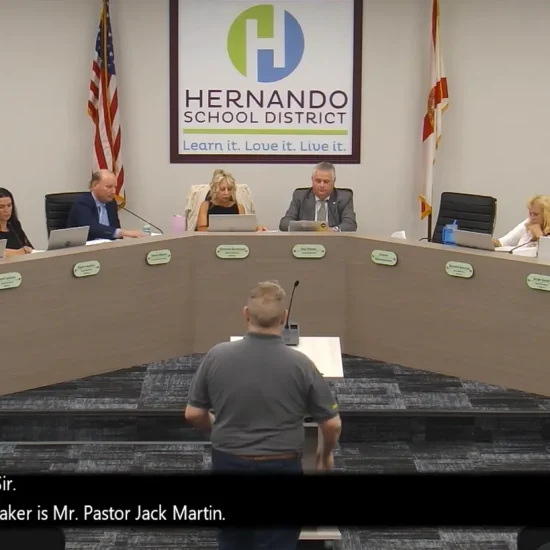
“The Talented Tenth” is an influential 1903 essay by W.E.B. Du Bois that popularized the concept of the title. White philanthropists debating the best way to educate and empower African Americans had first suggested the idea of a talented tenth. The talented tenth theory argued that the focus should be on providing classical education for the top ten percent of African Americans, teaching them to become leaders of the community. The theory argued that with an educated group of exceptional leaders, the rest of the African American community would also benefit.
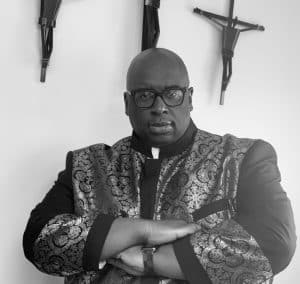
Darron LaMonte Edwards
Two great African American geniuses saw two different pathways to success. Booker T. Washington saw achievement through industrial education, which taught students to work in manual trades and manufacturing. Whereas Dubois focused on classical education, the traditional training in the liberal arts that was thought to be the cornerstone for careers in politics, business, law, medicine, and education. Interestingly, neither one chose sports and athletics as the only means to success and achievement.
There are so many pathways to success. However, many of those pathways still have roadblocks and only a select few can tread that path. Personally, I stopped counting how many times I have heard the question “did you play football” when I tell people that I attended and graduated from Texas A&M University in College Station, Texas. Even being Black and a part of the alumni association of Texas A&M still carries the stigma of “two percenter.” That’s a term used to identify how many black and brown people are allowed on the campus roster in a given year.
Far too many times, I have chosen to look past other people’s bias that Black and Brown people only attend prestigious predominantly white institutions based on the 3rd grade fundamental skills of pass, punt, run, and kick. Many African Americans can sit, write, think, collaborate, formulate, and execute.
It is imperative that local high schools recognize, affirm, and applaud the thinkers, decision-makers, and leaders that made our schools safer and communities better and not just the ones who entertained us on Friday night football or Saturday afternoon basketball, baseball, and volleyball. When is the last time you’ve heard of an award given to those who made student life better because they were a part of the student council, National Honor Society, or civic club in school?
When is the last time you’ve seen alumni honored on the video board of the school who didn’t go to the NFL, NBA, or MLB but used their talents to make their communities better? Yes, we are almost in 2023 and it still feels like the struggle Dubois was addressing in 1903.

Baim Hanif / Unsplash
Every school district should have an equity plan. Does your school district have one? If so, have you read it and are you holding them accountable for what’s written on paper? One of my favorite quotes by Dr. Martin Luther King, Jr as he addressed systemic racism is “America, just be true to what you said on paper.” In short, you can protest all day long but until it’s on paper it doesn’t mean anything. So, make sure your school has a diversity, equity, and inclusion plan.
Within the equity plan should come a process that describes how this school is helping each student find their unique design, purpose, and pathway to success. For some, it will be through the industrial route. For others, it will be through the classical route. Yes, for some it will be through athletic prowess. Whatever the path, it is my hope that there is a coordinator, counselor, teacher, or department head specifically assigned to make sure each student knows their path and it is staying on that path towards academic and life success.
There’s so much to do. I remain hopeful that we have the right people in the right positions to finally get it done.
Darron L. Edwards, Sr. is lead pastor of United Believers Community Church in Kansas City, Missouri.

